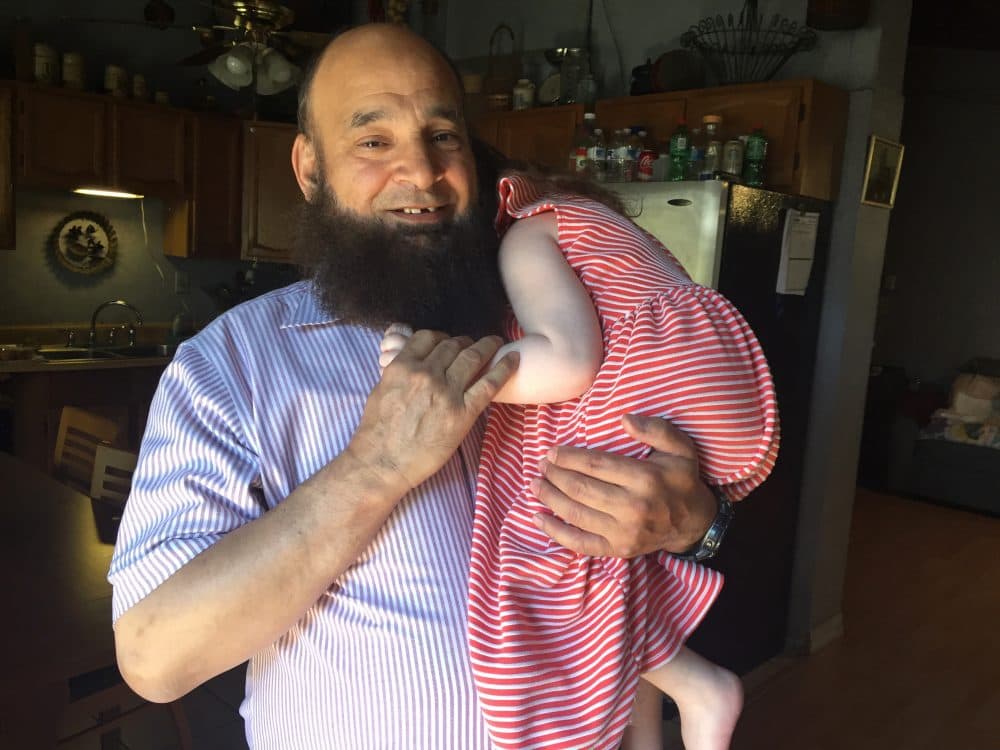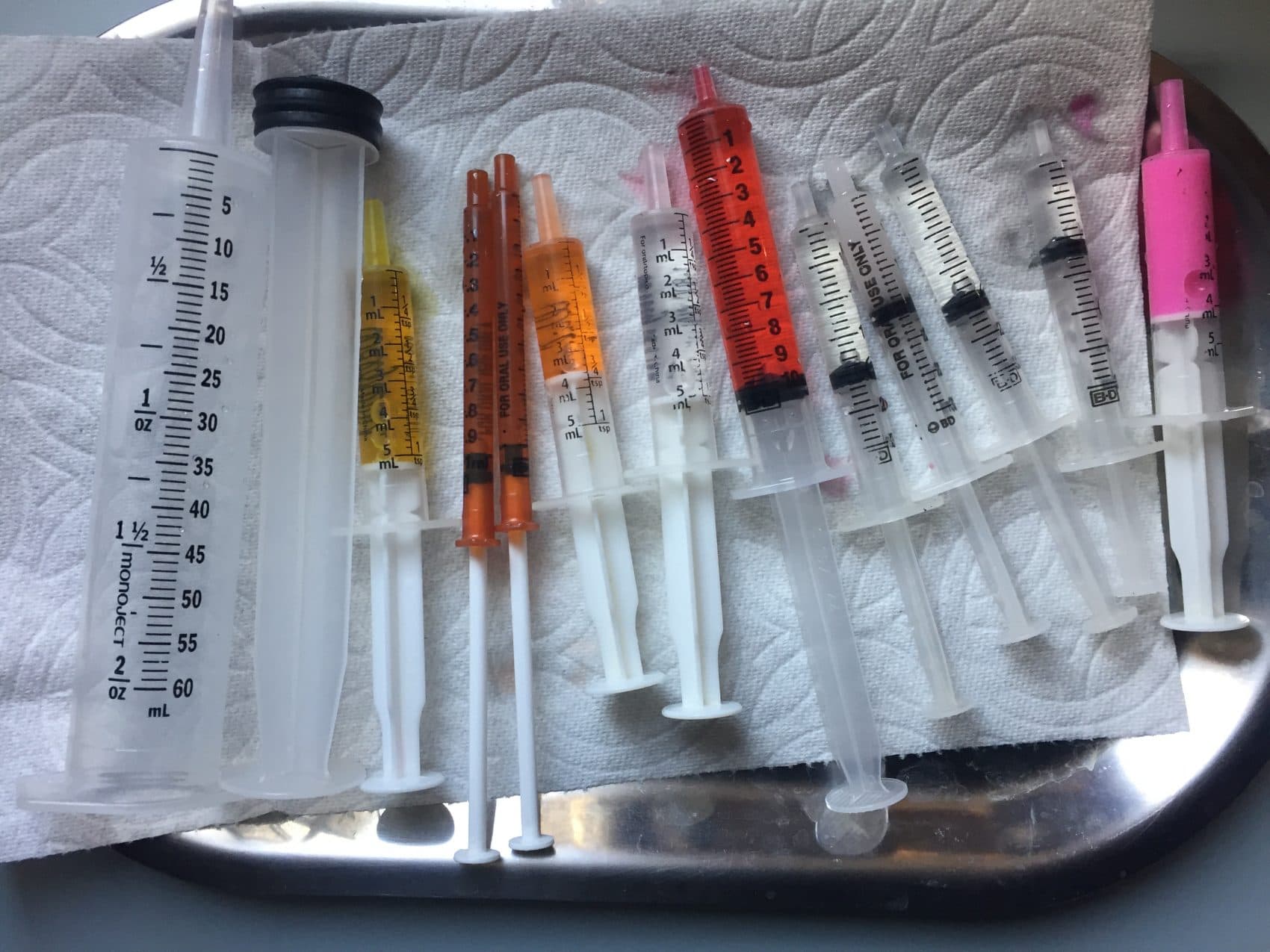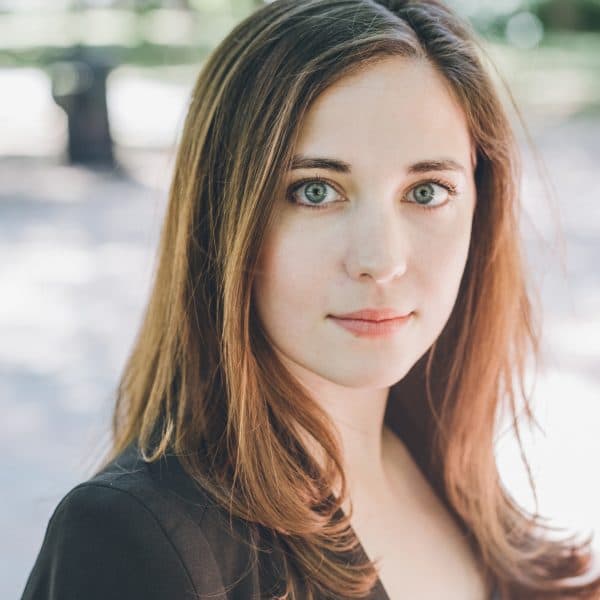Advertisement
The Boy With Long Lashes
Resume
Mohamed Bzeek believes no one should die alone. He believes it so fervently that he’s taken on a mission that’s changed his life and the lives of many others.
Until recently, Mohamed Bzeek hadn’t told many people this story.
“For a long time, I didn’t talk about it,” he says, but the 62-year-old retired engineer says he could never forget the day he met a boy with long eyelashes.
"He has long lashes, dark lashes," Mohamed says. "Even the nurses envy him."
The boy with long lashes couldn’t hear. He couldn’t see. He couldn’t move his body or properly regulate his temperature. The baby boy had been born with birth defects and a skull full of fluid, and, as far as Mohamed knows, was left by his mother when she crossed the border back to Mexico. Mohamed met the foster boy while he was still in the hospital.
“The minute I saw him, I fall in love with this kid,” he says. “Unbelievable. I mean it’s like I’ve known him for a long time.”
As he’d done with so many other children, Mohamed took the boy, whom we can’t name because he was in foster care, home with him. Mohamed is the only person in Los Angeles County who exclusively fosters children with terminal illnesses.
Before he was a foster dad, Mohamed lived in Libya, and he came to the United States to study engineering. He met his wife here, and they quickly learned of the dire need for people to take in children who are dying, kids whose parents just can’t handle it. Somehow, Mohamed handles it again and again.
Caring for children with complex medical needs is hard, but losing them is harder. Ten children have died in his home, most of them in his arms.

Mohamed and his wife had fostered dozens of children when, in 1997, they had had their own biological son. Here they’d been sharing their home with kids who needed constant supervision and care, and then their son Adam was born with dwarfism and brittle bone disease.
“When he was born, he has eight skull fractures, broken jaws, broken legs and arms,” Mohamed says.
Adam is 19 years old now and weighs 65 pounds. He can’t stand, but he gets around on a device Mohamed made from an ironing board and roller skate wheels. At school, it was dangerous for Adam to play with other kids, but there was one person Adam did get close to: his blind and deaf foster brother.
They were an unlikely pair. One was unusually small and couldn’t be touched. The other was unusually tall, and touch was his only way to communicate.
“Because Adam was so small, Adam, he used to crawl over him, lay down on his chest and give him a hug,” Mohamed says.
Every night, when it was time for his foster brother’s bedtime medicine, Adam would turn on music and Mohamed would pick up his foster son and dance with him. But as with his other children, the happy times couldn’t last. The boy was 6 when doctors told Mohamed he didn’t have long to live, and it would be fine to leave him at the hospital.
“I said, ‘No! I’ll never let him in the hospital. I've been taking care of him since he was a baby, and this time he needs me more than before.' ”
Two months later, his foster son died.
“We visit him, you know. I go, me and Adam, and there are eight of them in the same cemetery.”
In the years since that loss, Mohamed has also lost his wife, and now he cares for Adam and foster children by himself, leaving the house only when a nurse can cover for him. It’s grueling work that seems almost crazy, but for Mohamed, it’s the most important thing he can do to give his life meaning.
“A lot of people, they say, ‘Why are you helping these kids dying? Why?’ If I don't take them nobody want to take them,” Mohamed says. “The world has forgotten about them, and as a human being, I need to help somebody who needs my help.”
He’ll keep helping them, one by one, for as long as he can.
Find Kind World on Facebook or Twitter, or email kindworld@wbur.org to share your story.
You can also subscribe to the podcast.
This segment aired on April 11, 2017.
